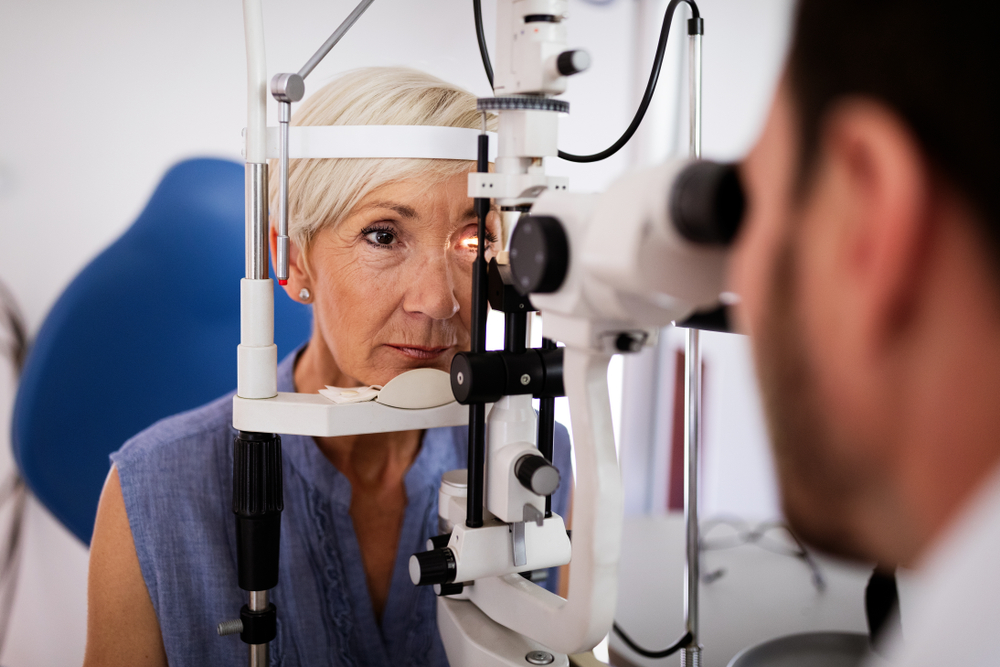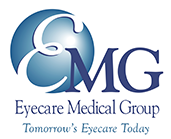
January has been named Glaucoma Awareness Month by the American Academy of Ophthalmology. This aims to educate the public about glaucoma, which is a group of eye diseases that can cause vision loss and blindness if left untreated.
Understanding glaucoma is important for people of all ages since early detection and treatment are key to preserving vision. Keep reading to learn more about Glaucoma Awareness Month!
What is Glaucoma Awareness Month?
Glaucoma Awareness Month is an annual effort by the American Academy of Ophthalmology to spread information about glaucoma risk factors, symptoms, and treatment options. The goal is to reach people who are at high risk but do not get regular eye exams, which is an essential way to catch glaucoma early.
What is Glaucoma?
Glaucoma refers to a group of progressive eye conditions that cause damage to the optic nerve. Elevated eye pressure is often, but not always, associated with optic nerve damage.
There are two types of glaucoma that are important to know about:
Open-Angle Glaucoma
Open-angle glaucoma develops when the eye’s drainage system gets gradually blocked over time, preventing the proper flow of eye fluids out of the eye. This slows the circulation of fluids and allows pressure inside the eye to rise, sometimes outside of the healthy range.
Higher pressure puts a damaging strain on the optic nerves. Before the fluid gets to the drainage channels, it must first travel through the eye’s angles.
Open-angle means that this area of the eye is wide open, compared to other types of glaucoma, where this area may be narrowed or closed off.
If untreated, open-angle glaucoma will slowly cause changes in your peripheral vision that can progress to tunnel vision and total blindness. Open-angle glaucoma often presents no early warning signs that vision is under attack.
Once advanced, though, the vision loss cannot be reversed. That is why regular eye health exams to check for glaucoma are so important for adults over forty, particularly those over sixty or with risk factors like family history.
Angle-Closure Glaucoma
In Angle-closure glaucoma, the angle of the eye becomes closed abruptly, preventing the fluid from reaching the drainage channels and causing a rapid spike in inner eye pressure. Unlike open-angle glaucoma, this dangerous type escalates quickly.
The drainage angles are anatomically narrower in some eyes, putting those people at higher risk. Symptoms like blurred vision, halos around lights, eye pain, headaches, and nausea often appear suddenly, too.
If you experience symptoms of angle-closure glaucoma, it is essential to visit your eye doctor right away for an examination. If left untreated, permanent vision loss can set in within days from the pressure rapidly damaging the optic nerve.
How Can I Protect My Vision From Glaucoma?
You can keep your vision healthy and lower glaucoma risk with these proactive tips:
- Get a comprehensive eye exam, including optic nerve assessment, every one to two years if over age forty
- Know your eye pressure numbers and baseline optic nerve appearance if going to a new eye doctor
- Exercise caution with medications that can increase eye pressure, including decongestants, steroids, and certain antidepressants
Who is Most At-Risk For Glaucoma?
If you are at risk for developing glaucoma, it is even more important for you to visit your eye doctor for regular eye exams. At these visits, your eye doctor can ensure that you are not losing any vision or at risk of losing vision.
Glaucoma probability increases with:
- Age over sixty years old
- Family history of glaucoma
- High eye pressure readings
- Past eye injuries, inflammation, or surgeries
- Use of corticosteroid medications
Early detection gives glaucoma patients the best odds of protecting their vision long-term. This Glaucoma Awareness Month, be sure to schedule an eye exam and discuss your personal glaucoma risk with your eye care professional.
Through awareness and action, healthy vision can be maintained for years to come.
Are you at risk for glaucoma? Schedule an appointment at Eyecare Medical Group in Portland, ME, today!





